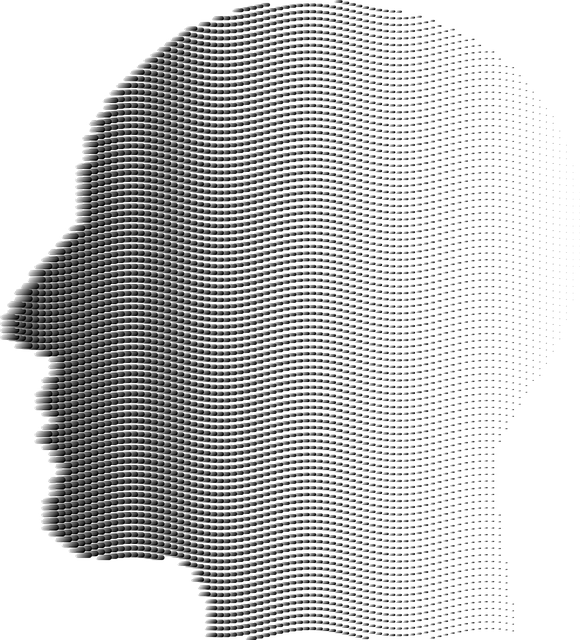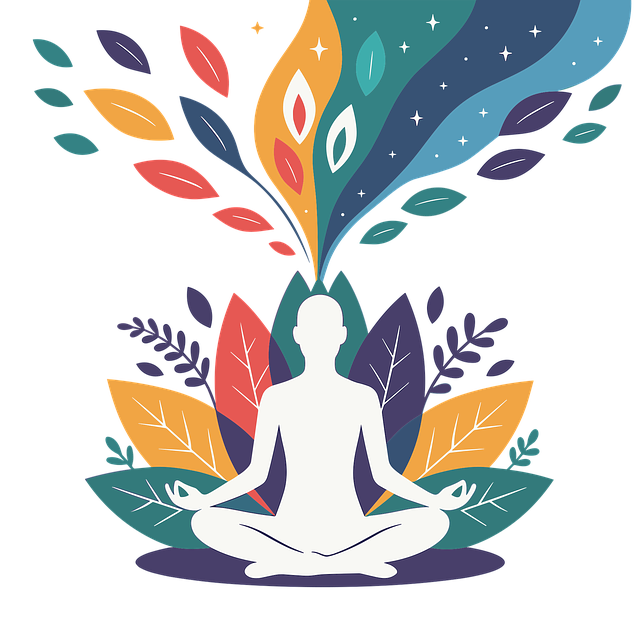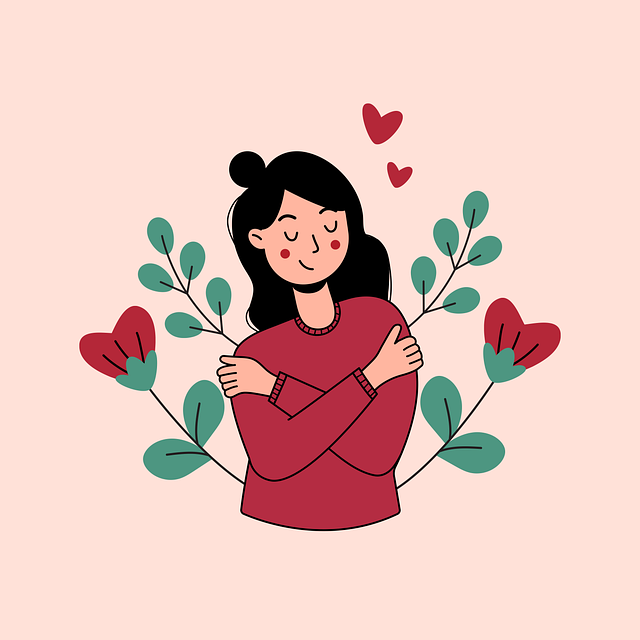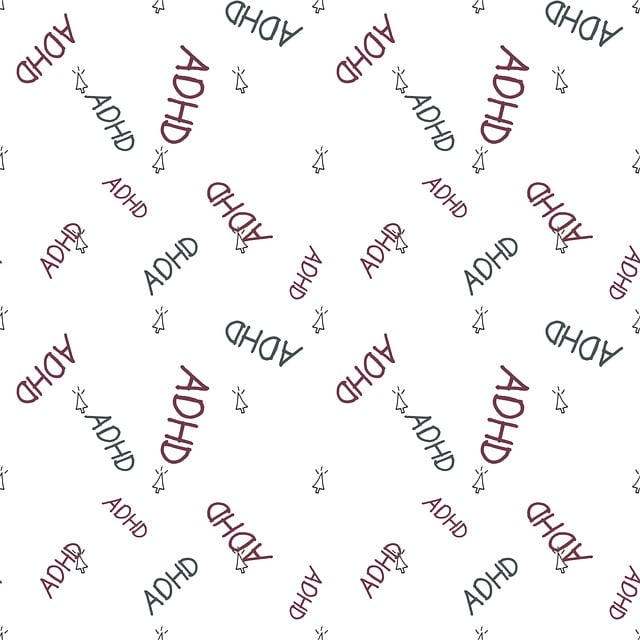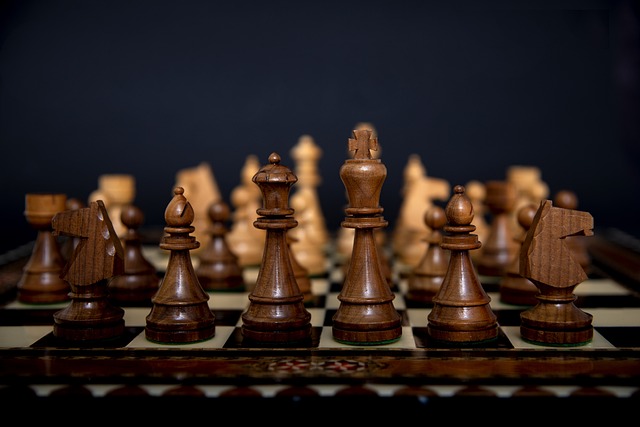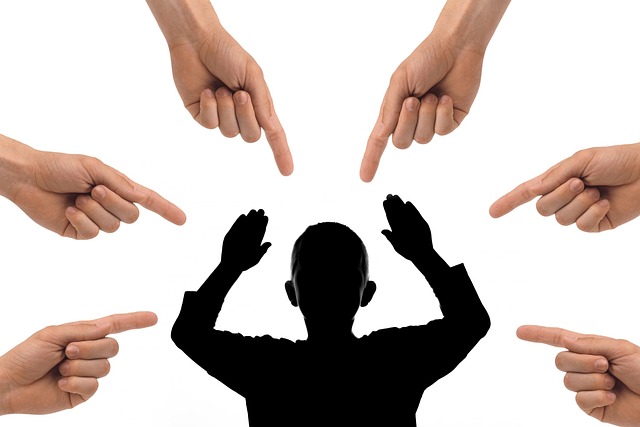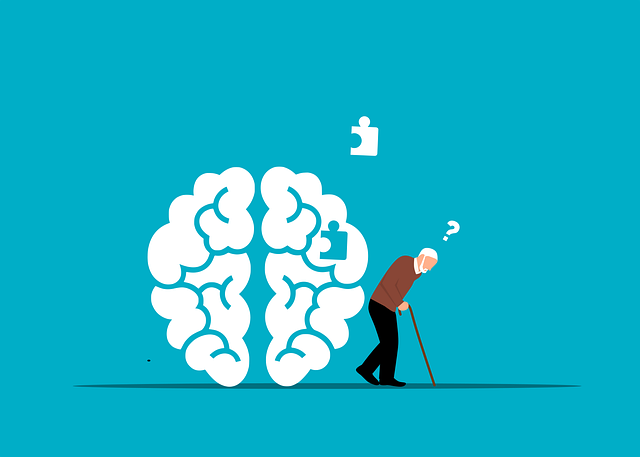Addressing mental wellness in elderly individuals with chronic pain is crucial as it goes beyond physical symptoms, impacting isolation, depression, and anxiety. Tailored therapy, group support sessions focused on inner strength, cultural competency training, and mood management techniques are vital care strategies. Effective group therapy uses strategic communication, creative activities like art or music therapy, and risk management planning to enhance emotional expression, community building, and self-care tools for elders managing chronic pain.
Mental wellness group facilitation offers a powerful tool in addressing the unique challenges faced by elderly individuals with chronic pain. This article delves into effective strategies for therapists facilitating support groups, focusing on techniques tailored to the aging population. We explore topics ranging from understanding mental health in older adults with chronic pain to measuring the impact of group sessions. By examining communication methods and creative activities, healthcare professionals can enhance engagement and provide targeted therapy for this demographic.
- Understanding Mental Wellness in Elderly Individuals with Chronic Pain
- The Role of Group Facilitation in Aging Population's Therapy
- Effective Communication Strategies for Group Sessions
- Incorporating Creative Activities to Enhance Engagement
- Measuring and Evaluating the Impact of Group Facilitation Techniques
Understanding Mental Wellness in Elderly Individuals with Chronic Pain

Understanding mental wellness among elderly individuals with chronic pain is a specialized domain that requires tailored approaches. As people age, they often face unique challenges related to ongoing physical discomfort, which can significantly impact their psychological well-being. Chronic pain in older adults is not merely a physical symptom but may be associated with feelings of isolation, depression, and anxiety—all factors that contribute to mental health deterioration. Recognizing these interconnected issues is vital for healthcare providers as it underscores the importance of integrating therapy for elders with chronic pain into comprehensive care plans.
Facilitating group support sessions focused on building inner strength development can be an effective strategy. These gatherings provide a sense of community, allowing individuals to share experiences and offer mutual encouragement. Additionally, healthcare provider cultural competency training is essential in this context, ensuring that professionals are equipped to address the diverse needs of older adults with chronic pain from various backgrounds. Incorporating mood management techniques within these groups can empower participants to cope with their symptoms more effectively, fostering a positive cycle of improved mental wellness and enhanced overall quality of life.
The Role of Group Facilitation in Aging Population's Therapy

In the context of an aging population, group facilitation plays a pivotal role in enhancing mental wellness among older adults, who often face unique challenges such as chronic pain and social isolation. Through structured group sessions, facilitators create a safe and supportive environment where elders can connect with peers, share experiences, and offer mutual support. This community-oriented approach is particularly effective in combating the feelings of loneliness and depression that can accompany aging.
One powerful technique within group facilitation is mental wellness journaling exercises, which encourage individuals to reflect on their emotions, thoughts, and physical sensations. Additionally, mindfulness meditation activities help seniors cultivate present-moment awareness, reducing stress and chronic pain. The implementation of a community outreach program can further extend these therapeutic benefits by fostering social engagement and providing access to resources tailored to the specific needs of the elderly population.
Effective Communication Strategies for Group Sessions

In facilitating group sessions for mental wellness, particularly with older adults experiencing chronic pain, effective communication strategies are paramount. These include active listening, ensuring every participant feels heard and valued, and using inclusive language that respects diverse backgrounds and abilities. By fostering an open and non-judgmental environment, facilitators can encourage participants to share their experiences and insights freely. Incorporating techniques like summarizing and reflecting on individual contributions reinforces a sense of community and mutual understanding.
Additionally, teaching and reinforcing positive thinking and stress management techniques within the group setting can significantly enhance therapeutic outcomes. Facilitators should also integrate risk management planning in their approach, identifying potential triggers or challenges within the group dynamic and having strategies in place to mitigate any adverse effects. This holistic communication strategy not only improves the mental wellness of older adults with chronic pain but also equips them with tools for self-care and resilience.
Incorporating Creative Activities to Enhance Engagement

Incorporating creative activities into mental wellness group facilitation can significantly enhance engagement and participation, especially for elders experiencing chronic pain. Art therapy, music, movement exercises, and storytelling are powerful tools that cater to different learning styles and emotional expression. These techniques allow individuals to process complex emotions and memories in a safe, supportive environment, fostering deeper connections among group members.
For instance, art-making can provide a non-verbal outlet for those who struggle with finding the right words. Similarly, music and movement can help participants regulate their mood and reduce stress levels, making them more receptive to therapy for elders chronic pain management. Mental wellness coaching programs development should consider these creative activities as integral parts of their curriculum, along with risk assessment for mental health professionals, to ensure a holistic and effective therapeutic experience.
Measuring and Evaluating the Impact of Group Facilitation Techniques

Mental wellness group facilitation offers a powerful approach to enhancing the lives of elderly individuals experiencing chronic pain. By understanding the unique needs of this demographic and employing techniques like effective communication, creative activities, and thorough evaluation, facilitators can create supportive environments that foster healing and engagement. These strategies not only improve mental health outcomes but also provide an essential support system within the aging population’s therapy landscape, specifically addressing the challenges posed by chronic pain.
